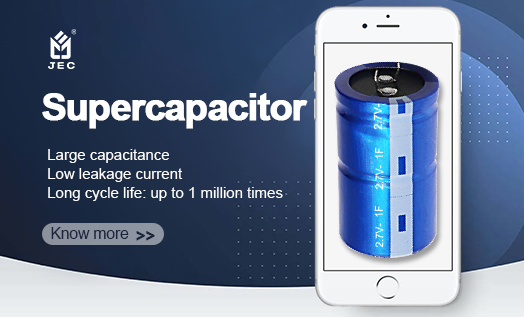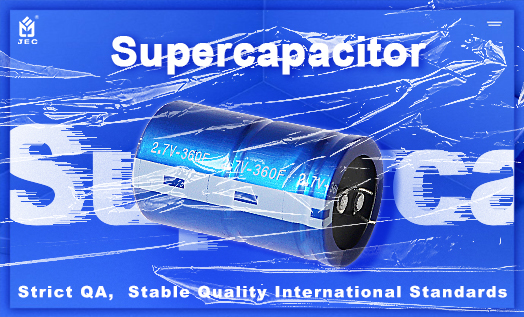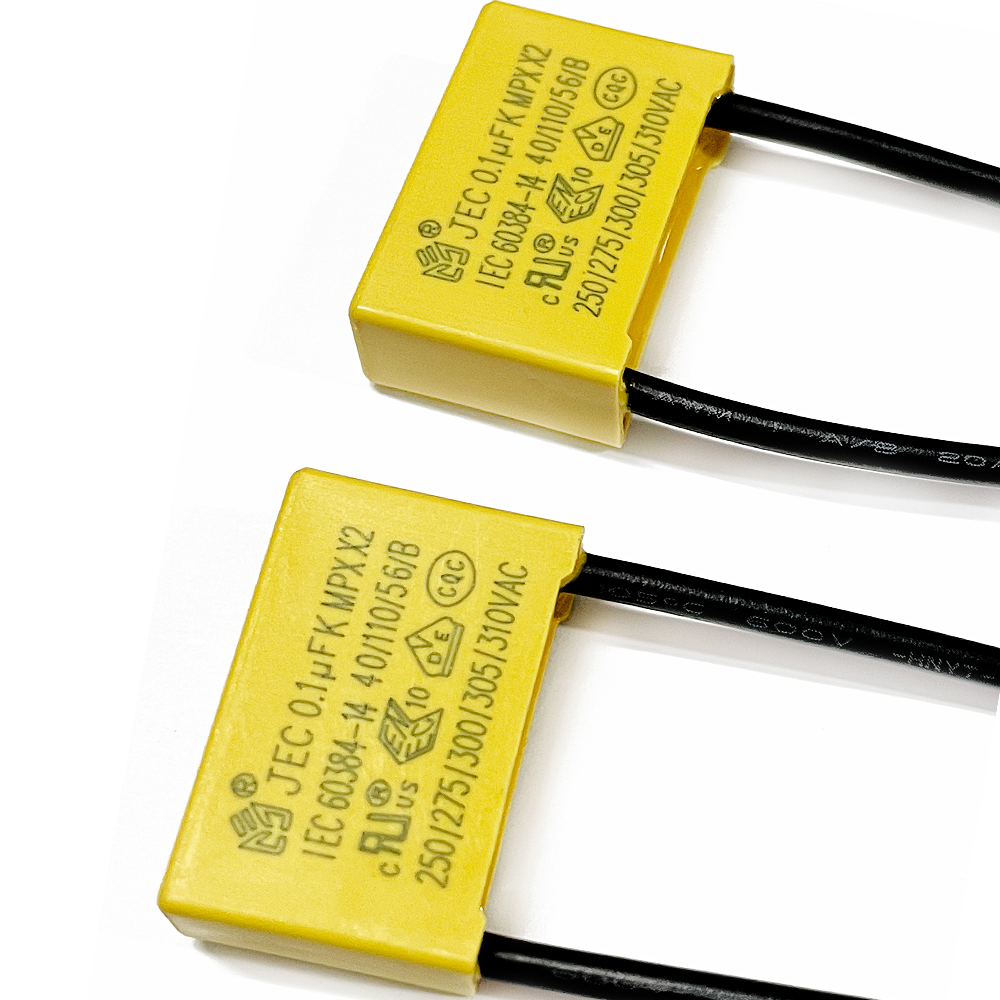May. 13, 2022
Electric car owners have always been troubled by cruising range, and every holiday there will be complaints. Let's first look at the source of the cruising range worry:
The average energy density of gasoline for conventional vehicles is 13,000 Wh/kg. At present, the energy density of mainstream lithium batteries is 200-300Wh/kg. However, the energy conversion efficiency of pure electric vehicles is 2-3 times higher than that of diesel locomotives. Therefore, in order to utilize energy with maximum efficiency, the best way is to increase the energy density of lithium batteries.
Although the energy density has been increased to 10 times in the laboratory, the battery is reimbursed after dozens of charges and discharges.
So is it possible to increase the energy density to a moderate level and still maintain the ideal number of charge and discharge?
Supercapacitors
Capacitor is one of the most basic electronic components. In short, two layers of metal foils sandwich an insulating sheet, and a protective shell is added on the outside. Between these two foils is the space where the electrical energy is stored. The capacitor is used as an instant power supply, so the stored electric energy is not much, and the energy density is far worse than the battery.
But the capacitor has an advantage that the battery does not have: the charge and discharge life is very long - even hundreds of thousands of times of charge and discharge, the performance degradation is very small. So its life is basically the same as the product itself.
The reason why it has such an excellent charge and discharge life is because the capacitor energy storage is based on physical principles and does not produce chemical reactions.
So now the task is to expand the electrical energy storage capacity of the capacitor. So the supercapacitor appears. The purpose is to make the capacitor a reservoir, not just an instant power supply. But the biggest difficulty is how to improve the energy density of supercapacitors.
The supercapacitor can be used as a power source for electric vehicles after increasing the energy density. China has already begun to use this technology. In the 2010 Shanghai World Expo, 36 super capacitor buses were displayed. These buses have been in stable operation for a long time and are still in normal operation until now.
Supercapacitor buses in Shanghai can run 40 kilometers in 7 minutes
But the technology has not spread to other routes and other cities. This is also a "cruising range" problem caused by low energy density. Although the charging time is greatly shortened, it only takes a few minutes to charge one time, but it can only last for about 40 kilometers. In initial use, the bus even needed to be recharged every time it stopped.
The energy density of these supercapacitors is not as good as that of lithium batteries. The most fundamental reason is that the dielectric constant of the carbon-based materials in the supercapacitors is still not high enough. In the next article, we will talk about China's breakthrough in improving the energy density of supercapacitors.
JYH HSU(JEC)) is a Chinese supercapacitor manufacturer specializing in the research and development, production and sales of various electronic components. If you have questions about electronic components or want to seek business cooperation, you can contact us at any time.

The Aging Phenomenon of Supercapacitors
May. 13, 2022

Advantages of Super Capacitor in Automotive Applications
May. 13, 2022

Do You Know About Stacked Film Capacitors
May. 13, 2022
+86 181 2299 5593
+86 18122995593
+86 769 8831 3605
Beside Luchong Bridge, Hou Road, Caibai Village, Daojiao Town, Dongguan, Guangdong, China
Navigation